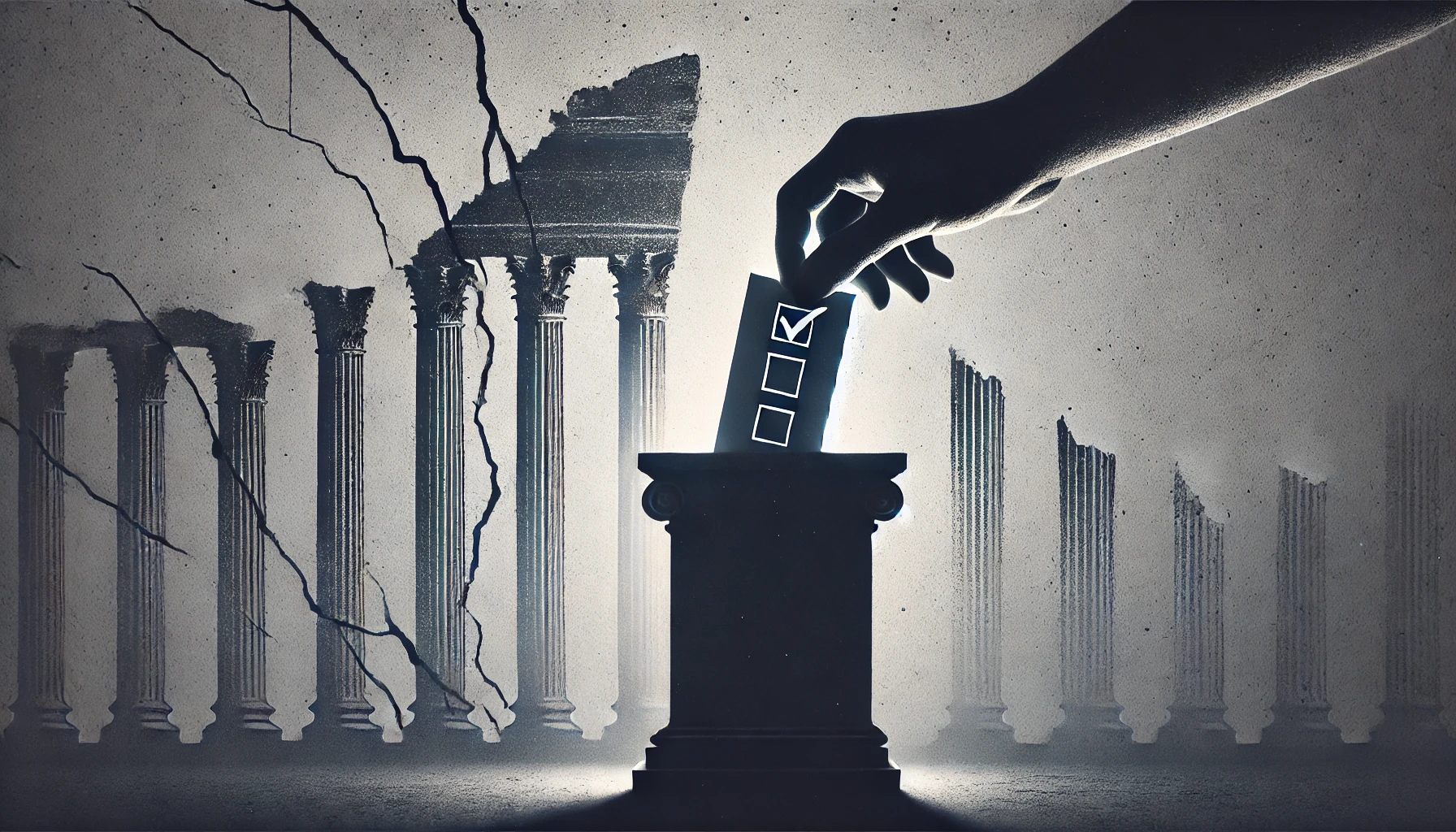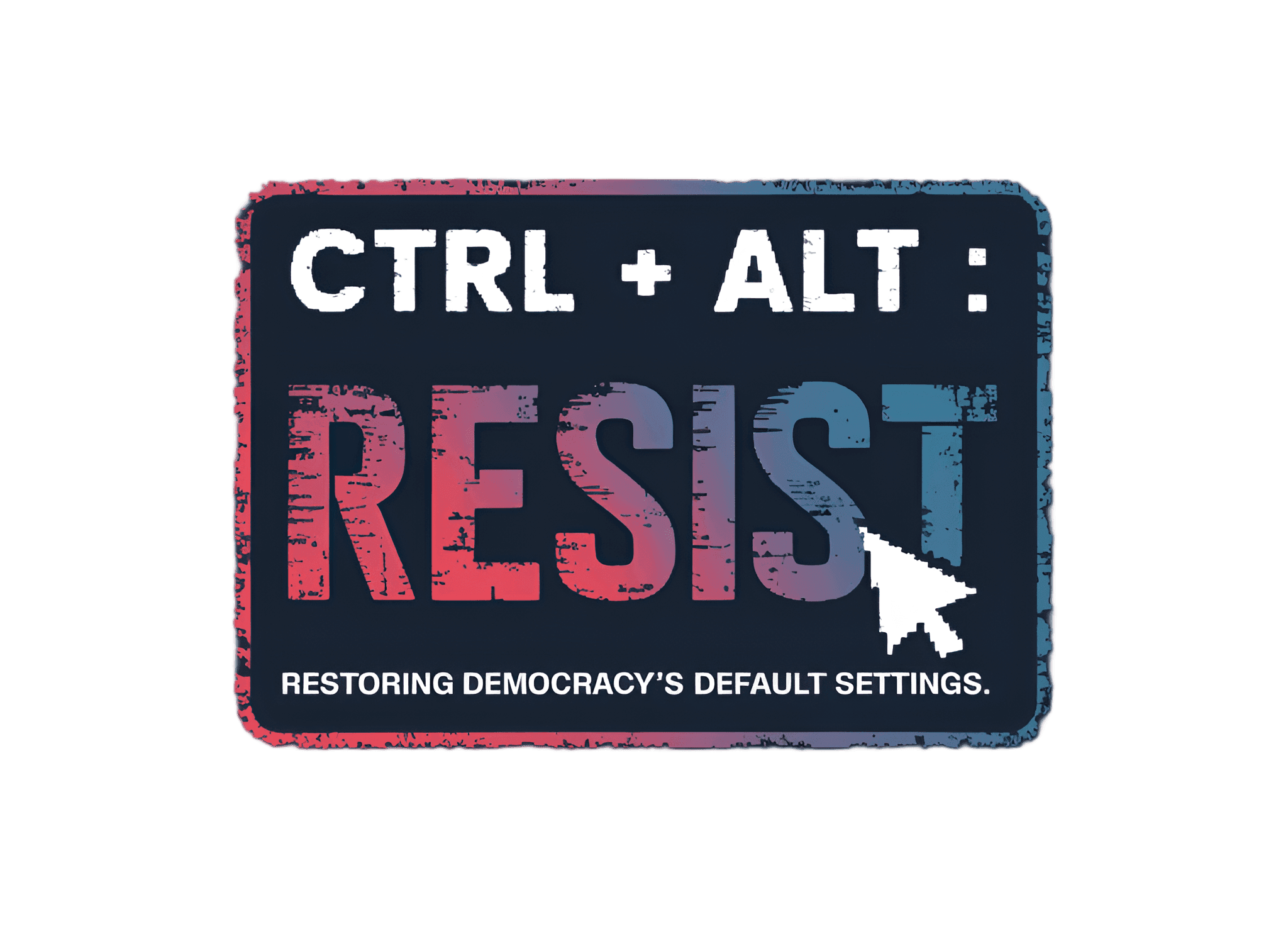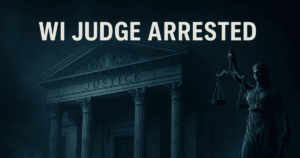
Don’t Be Fooled: Democracy *Is* Worth Fighting For
Jump to:
They count on you thinking there’s no alternative. That the system, as fractured as it is, remains the only viable option. This narrative fosters resignation, allowing those dismantling democracy to tighten their grip while the populace succumbs to a sense of inevitability. Yet history teaches us that no empire is eternal, and no corrupt system can withstand sustained opposition. From the fall of ancient regimes to the toppling of modern dictatorships, the arc of history bends toward transformation driven by collective will.
The Erosion of Democratic Pillars
American democracy, once a beacon of participatory governance, now exhibits troubling signs of decline. The pillars that uphold our democratic system—free elections, the rule of law, and anti-corruption efforts—are under assault. Recent legislative actions have introduced voting restrictions, disproportionately affecting marginalized communities and undermining the foundational principle of equal representation. These restrictions include limitations on early voting, stricter voter ID requirements, and restrictions on third-party ballot drop-off.
Moreover, the politicization of independent institutions has compromised checks and balances. The judiciary, intended as an impartial arbiter, faces unprecedented attacks that threaten its independence. These attacks include threats of impeachment and public officials disregarding court rulings. Such actions erode public trust and pave the way for authoritarianism.
Historical Parallels and Warnings
The current trajectory mirrors past instances where democracies have faltered. The Weimar Republic’s collapse serves as a poignant example of how economic hardship, political polarization, and the erosion of democratic norms can culminate in authoritarian rule. The Weimar Constitution’s weaknesses, particularly Article 48 (allowing presidential rule by decree), were exploited to dismantle democracy.
Similarly, the Jim Crow era in the United States illustrates how legal frameworks can be manipulated to disenfranchise and oppress, leading to a significant democratic backslide. Jim Crow laws, including poll taxes, literacy tests, and grandfather clauses, systematically denied African Americans the right to vote.
Contemporary Challenges
Today’s challenges are multifaceted. Economic inequality has reached staggering heights, fostering disillusionment and eroding faith in democratic institutions. Studies consistently show a strong correlation between income inequality and democratic erosion. The pervasive influence of money in politics, exacerbated by rulings like Citizens United, allows corporate interests to overshadow the will of the people. This decision has led to a surge in outside spending and the rise of super PACs, funded by a small group of wealthy donors.
Furthermore, the rise of disinformation, often propagated through digital platforms, sows division and distorts reality. This phenomenon undermines informed civic participation, a cornerstone of functional democracy. Disinformation campaigns, both foreign and domestic, exploit social cleavages and erode trust in institutions.
Countering the Narrative of Inevitability
A common counterargument is that focusing on “threats to democracy” is alarmist and that the American system is resilient enough to withstand these challenges. While resilience is important, historical and contemporary evidence demonstrates that democracies *can* fail, particularly when faced with the combination of factors currently present in the US: high economic inequality, political polarization, attacks on independent institutions, and widespread disinformation. Ignoring these threats, or dismissing them as mere partisan complaints, is precisely the kind of complacency that allows democratic erosion to continue unchecked.
Another argument posits that some restrictions, such as voter ID laws, are necessary to prevent voter fraud. However, studies consistently show that in-person voter fraud is extremely rare. The impact of these laws, conversely, is demonstrably to suppress voter turnout, particularly among minority and low-income populations.
The Imperative of Collective Action
Despite these challenges, democracy is not beyond repair. Throughout history, collective action has been the catalyst for democratic revitalization. The Civil Rights Movement, women’s suffrage, and labor rights struggles exemplify how organized, persistent efforts can effect profound change.
Today’s “Democracy Repair Kit” includes:
- Protecting Voting Rights: Ensuring accessible and secure voting mechanisms for all citizens, including combating voter suppression tactics and expanding access to early voting and absentee ballots.
- Upholding Judicial Independence: Safeguarding courts from political interference to maintain impartiality, and condemning attacks on judges and the judiciary.
- Addressing Economic Disparities: Implementing policies that promote equitable wealth distribution and economic justice, recognizing the link between economic inequality and democratic erosion.
- Combating Disinformation: Promoting media literacy and holding platforms accountable for the spread of false information, and supporting initiatives that strengthen trusted sources of news and information.
- Campaign Finance Reform: Advocating for policies to reduce the influence of money in politics, including overturning *Citizens United* and increasing transparency in campaign financing.
A Call to Action
The assembly of a robust democracy requires active participation. Grassroots movements, informed voting, and civic engagement are essential tools in this endeavor. By refusing to accept the status quo and challenging systemic flaws, we can reconstruct a democracy that truly serves its people.
Democracy does not come pre-assembled. It demands our effort, vigilance, and unwavering commitment. If we abdicate this responsibility, we risk the construction of a system that serves the few at the expense of the many.
The tools are in our hands. It’s time to build.
What are your thoughts on this issue? Join the conversation below.



